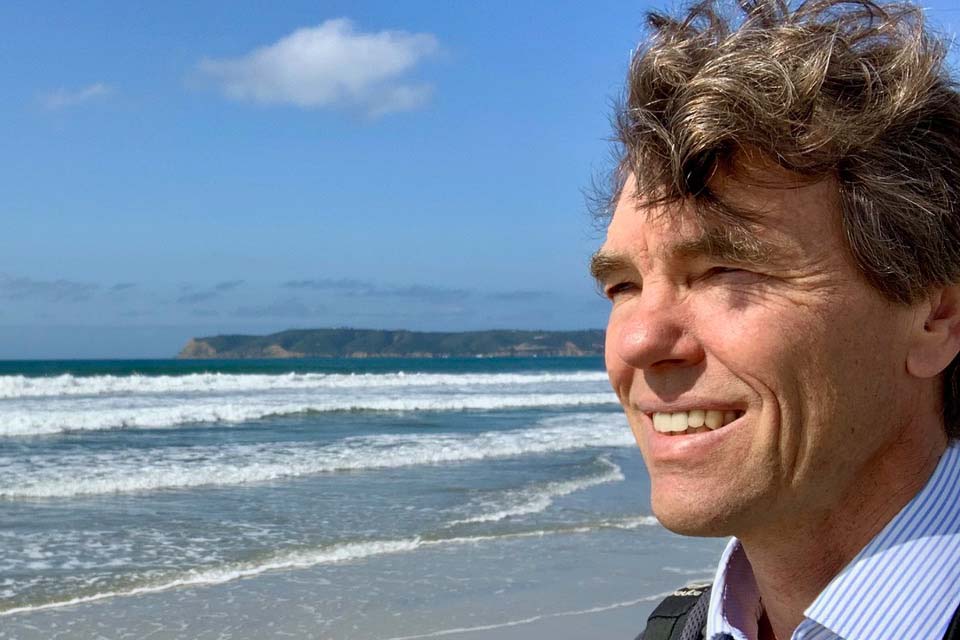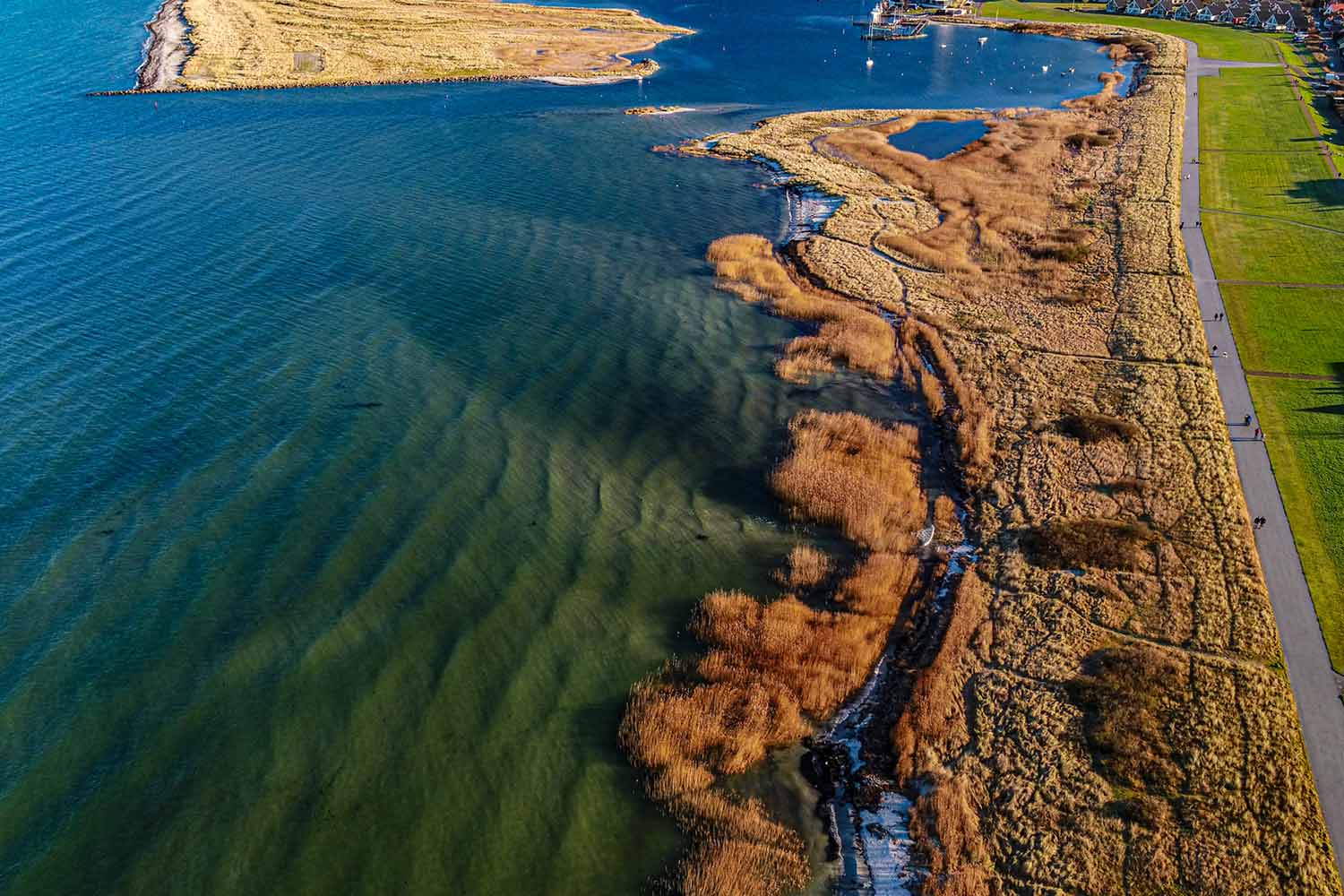The German Science and Humanities Council (Wissenschaftsrat) is the oldest science policy advisory body in Europe. Since 1957, its members have been advising the Federal Government and the governments of the federal countries on all issues concerning the content and structural development of science, research and higher education. As of 1 February 2022, the 32-member Scientific Commission will also include Professor Dr. Martin Visbeck, Head of the Physical Oceanography Research Unit at GEOMAR Helmholtz Centre for Ocean Research Kiel and Professor at Kiel University. Federal President Frank-Walter Steinmeier appointed the renowned Kiel marine researcher for a term of office until 2025 following a joint proposal by the German Research Foundation (DFG), the Max Planck Society (MPG), the German Rectors' Conference (HRK,) the Hermann von Helmholtz Association of German Research Centres (HGF), the Fraunhofer Society (FhG) and the Leibniz Association.
"I feel honoured by the Federal Government's confidence in my expertise and very much look forward to the future tasks of quality assurance and further development of our science system," says Professor Dr. Martin Visbeck. "My apointment to the Science Council comes at exciting times: climate change and the need for sustainable development present us with immense challenges as well as new demands for basic knowledge and knowledge for action. On the other hand, open science, digitization, international and transdisciplinary cooperation all offer new opportunities for research and education. I am very happy to support these processes of change in cooperation with esteemed colleagues at the German Science and Humanities Council."
For the current legislative period, the German Science and Humanities Council has identified several fields of action ranging from the protection of the free and pluralistic research landscape to an increased dialogue between science, politics and society, digital sovereignty, the promotion of talents and career paths to investments in innovative strength and an expansion of research funding. This also includes the transformation of scientific publishing to open access, the further development of the German marine research fleet, concepts for modern departmental research or the assessment of the higher education system in Schleswig-Holstein.
Professor Dr. Martin Visbeck studied physical oceanography in Kiel and received his doctorate from Kiel University. In 1993 and 1994, he initially conducted research at the renowned Massachusetts Institute of Technology (MIT) in Boston before moving to the Lamont-Doherty Earth Observatory at Columbia University in New York in 1994. In 2004, he returned to Kiel following a call to a professorship in physical oceanography. From 2007 to 2019, he was spokesperson of the Kiel Cluster of Excellence "Future Ocean" and subsequently spokesperson of the Future Ocean Network. He is a member of the German Committee for the United Nations Decade of Ocean Science for Sustainable Development, past president of the Oceanography Society, member of the board of the International Science Council (ISC), member of the Joint Scientific Committee of the World Climate Research Programme (WCRP) and many other national and international bodies. He is the author of more than 100 scientific papers in peer-reviewed journals and has received several international awards for his research achievements.
…

